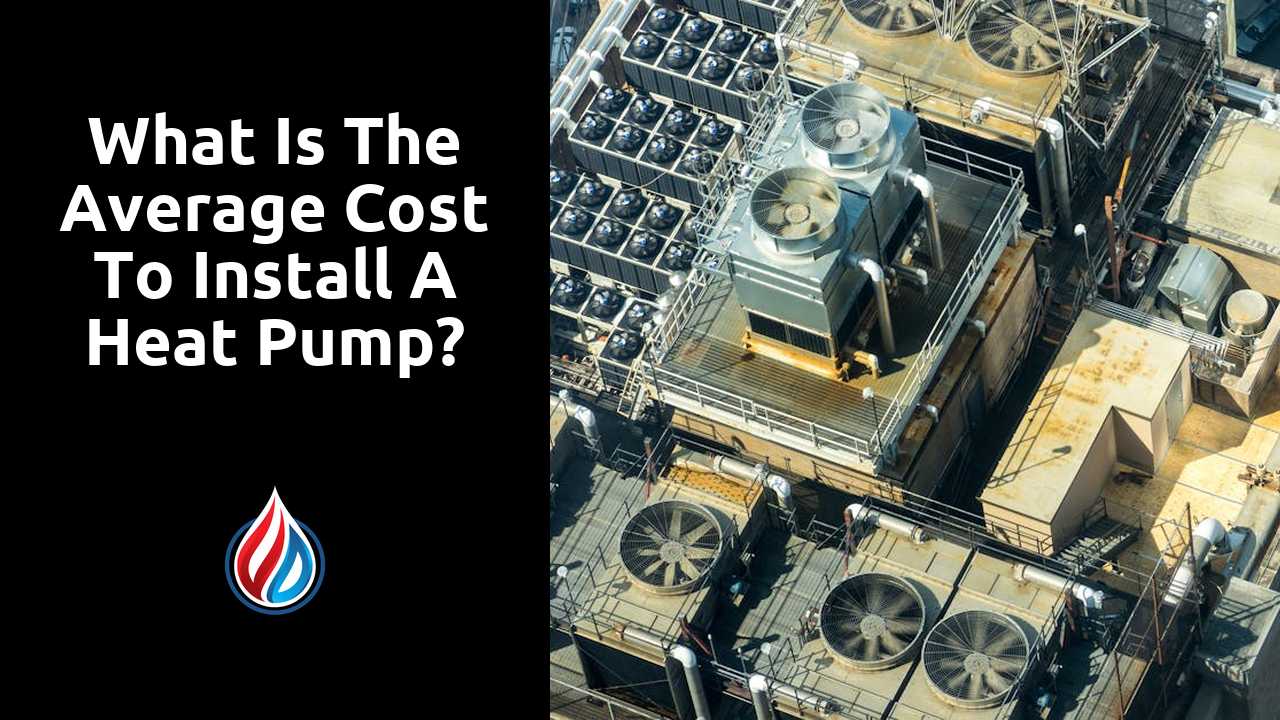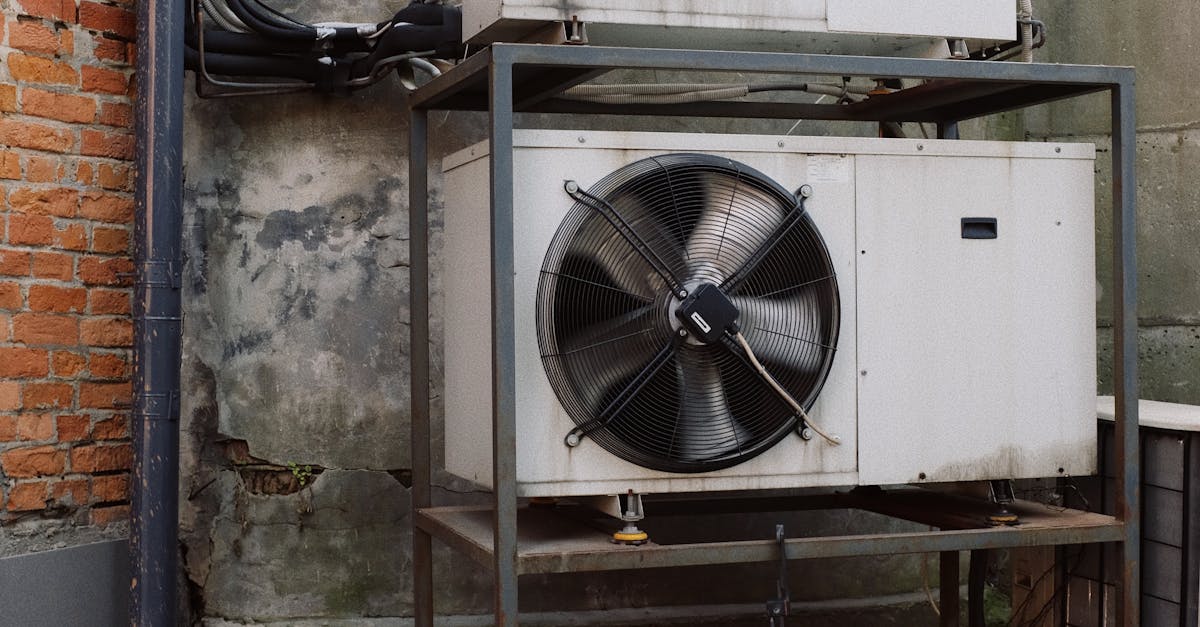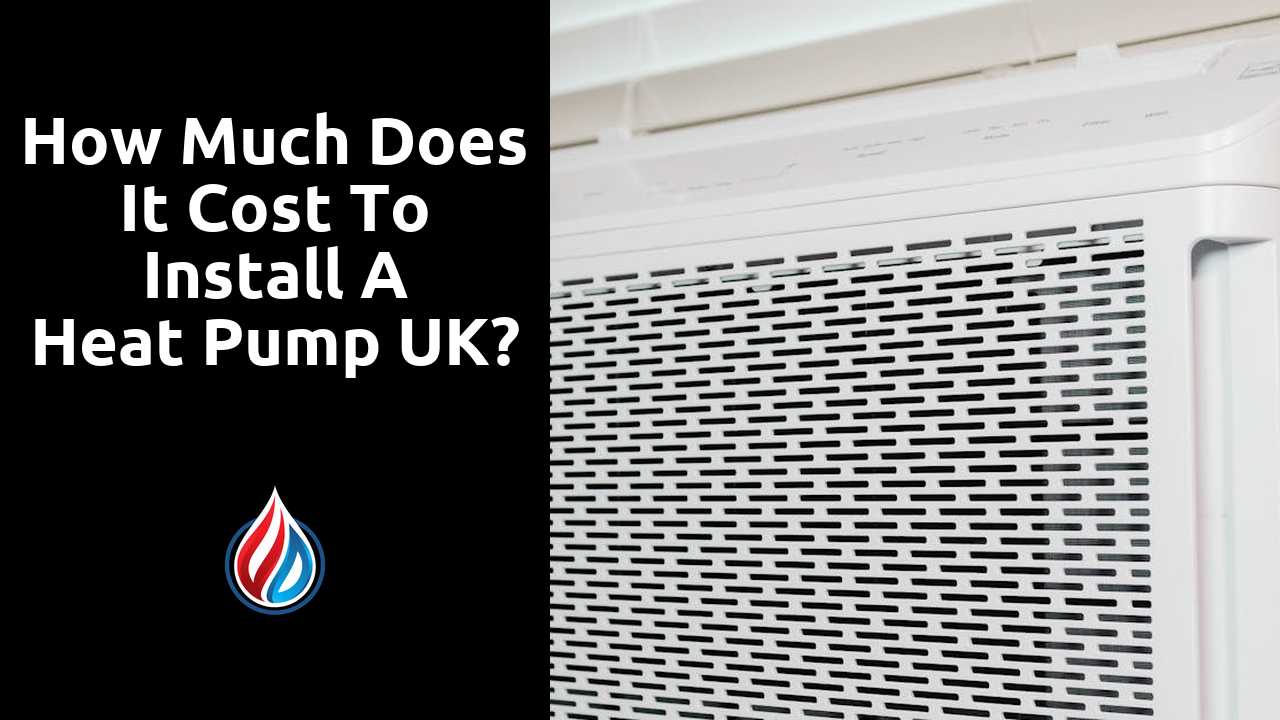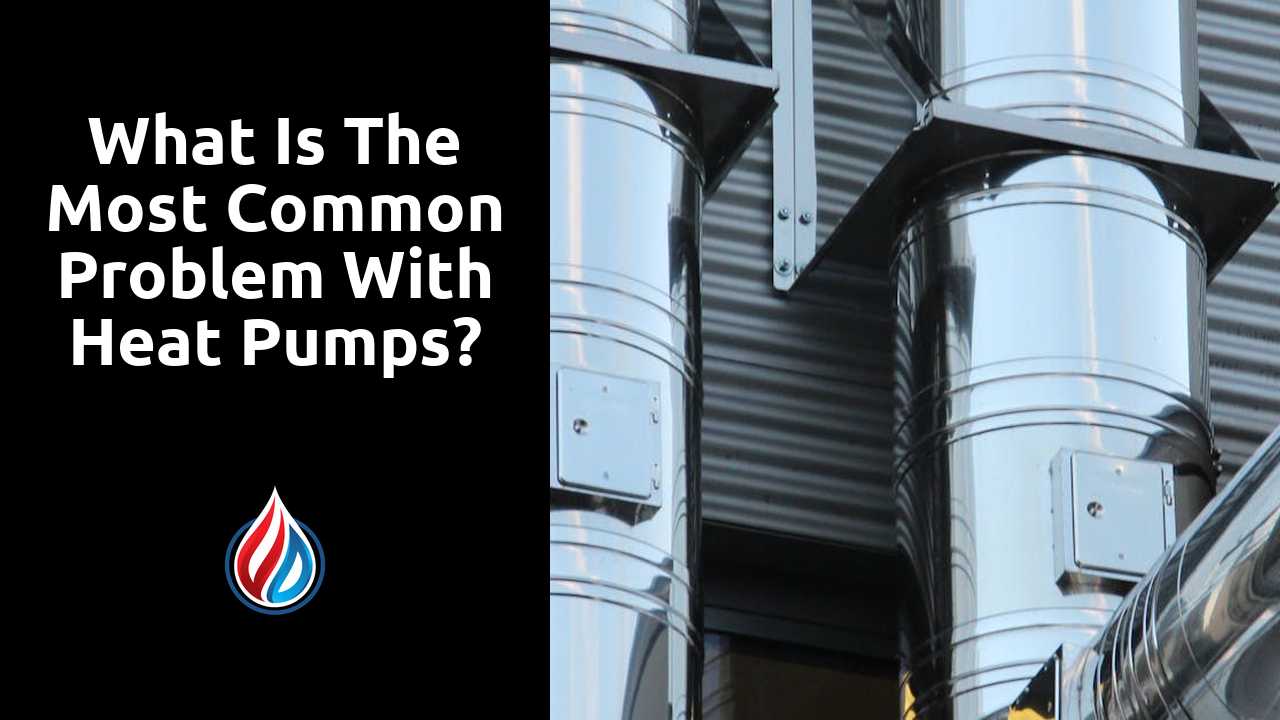
Table Of Contents
Additional Expenses to Consider
When budgeting for heat pump installation, it is essential to account for additional expenses beyond the initial purchase and installation costs. For instance, electrical upgrades may be necessary to support the new system, particularly in older homes lacking the required capacity. Installation might also involve modifications to existing ductwork or even the addition of new ducts, depending on the type of heat pump chosen and the specific heating needs of your property. These adjustments could significantly impact the overall cost, making thorough planning and consultation with professionals crucial.
Maintenance plays a vital role in keeping your heat pump running efficiently over time. Regular servicing can prevent costly repairs down the line and ensure the system operates at peak efficiency. There may be fees associated with routine inspections and maintenance, which should be factored into the long-term budget. Additionally, acquiring the necessary permits for installation can incur costs that vary by region. It is wise to consider these factors when estimating the true investment in heat pump installation and repair, as they contribute to both the overall expenditure and future energy savings.
Maintenance, Upgrades, and Permits
Regular maintenance of your heat pump is vital to ensure it operates efficiently and effectively over the years. Routine check-ups can identify potential issues before they escalate, saving homeowners from costly repairs. Services may include cleaning or replacing filters, checking air ducts, and inspecting the system for any signs of wear. These maintenance tasks not only enhance performance but can also significantly extend the life of the unit. Investing in a comprehensive maintenance plan is advisable, especially for systems that require specific attention, such as those used for both heating and cooling.
Upgrades may also be necessary as technology evolves, leading to more efficient models. If your existing system is outdated, you might need to consider the costs involved in upgrading to a newer model during the Heat Pump Installation and Repair process. Additionally, permits might be required depending on local regulations, particularly if significant modifications need to be made to your home’s infrastructure. Understanding these potential expenses ahead of time is crucial, as they can impact the overall budget for your heat pump installation project.
Benefits of Installing a Heat Pump
Heat pumps offer numerous benefits that make them an attractive choice for heating and cooling homes. They are known for their energy efficiency, operating by transferring heat rather than generating it through combustion. This technology tends to reduce energy bills significantly when compared to traditional heating systems. Additionally, heat pumps have a lower environmental impact, as they produce fewer greenhouse gas emissions. For homeowners seeking a sustainable option, heat pump installation provides a long-term solution contributing to a cleaner energy future.
The versatility of heat pumps further enhances their appeal. They can efficiently heat and cool spaces, depending on the season, eliminating the need for separate systems. Along with this, modern heat pumps are equipped with advanced features, such as smart thermostats that allow for greater control over indoor climate and energy use. With reliable service for heat pump installation and repair, homeowners can ensure optimal performance and longevity of their systems, enabling them to enjoy the full advantages of this technology.
Long-Term Savings and Efficiency
Investing in a heat pump can lead to significant long-term savings, given their high energy efficiency. These systems typically use less electricity compared to traditional heating methods, which can reduce monthly utility bills. Over time, the energy savings may offset the initial installation costs, making heating and cooling more economical. This efficiency does not only benefit homeowners financially but also contributes to a reduction in carbon emissions, aligning with sustainability goals.
The longevity of heat pumps further enhances their value. With proper maintenance, these systems can last for 15 to 20 years, offering reliable service throughout their lifespan. Periodic assessments through Heat Pump Installation and Repair can help preserve their efficiency and reduce the likelihood of costly breakdowns. Homeowners can enjoy the comfort of optimal indoor temperatures while also knowing they are making a smart financial choice in the long run.
Financing Options for Installation
When considering the installation of a heat pump, exploring various financing options can significantly ease the financial burden. Many homeowners can benefit from government grants, loans, and incentives designed to promote energy-efficient upgrades. These financial aids often lower the initial costs associated with heat pump installation and repair, making it a more accessible choice for those looking to improve their home’s energy efficiency.
In addition to government support, local energy companies sometimes offer their own financing solutions. These may include deferred payment plans or special financing rates tailored for renewable energy projects. Researching these options can provide substantial savings and encourage sustainable home upgrades, ensuring that the investment in heat pump installation and repair aligns with both financial and environmental goals.
Grants, Loans, and Incentives Available
Many governments and local authorities offer financial assistance for Heat Pump Installation and Repair to encourage energy-efficient solutions. Grants can significantly reduce the upfront costs associated with purchasing and installing a heat pump. These funds may come from environmental initiatives aiming to lessen carbon footprints, making it easier for homeowners to transition to more sustainable energy sources.
In addition to grants, low-interest loans are often available to support these projects, allowing homeowners to finance their heat pump installations over time. Various incentives, such as tax credits or rebates, can further offset costs. It is beneficial for homeowners to investigate these options thoroughly, as the availability and specifics of financial support can vary by region and programme.
FAQS
What is the average cost of installing a heat pump?
The average cost of installing a heat pump typically ranges between £3,000 to £8,000, depending on various factors such as the type of heat pump, the size of the property, and installation complexities.
Are there additional expenses involved in heat pump installation?
Yes, additional expenses can include maintenance, upgrades to your existing heating system, and necessary permits. It's essential to budget for these extra costs when planning your installation.
What are the long-term benefits of installing a heat pump?
Heat pumps offer several long-term benefits, including improved energy efficiency, lower energy bills, and a reduced carbon footprint. They can significantly enhance your home's comfort levels while being eco-friendly.
What financing options are available for heat pump installation?
Various financing options are available, including government grants, loans, and incentives aimed at encouraging energy-efficient home improvements. It's advisable to research local programmes that may provide financial assistance.
How often does a heat pump require maintenance?
Generally, a heat pump should be serviced at least once a year to ensure optimal performance and efficiency. Regular maintenance can help prolong the system's lifespan and improve its overall efficiency.


